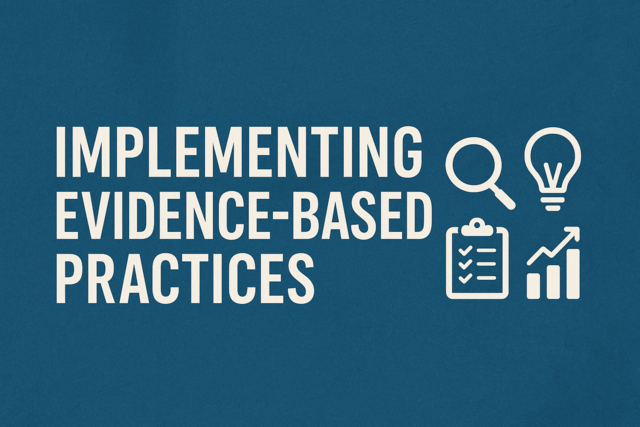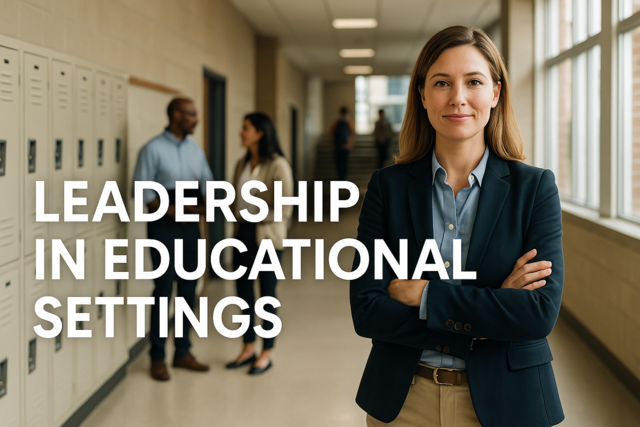Online Class: Strategies for Closing the Achievement Gap

no certificate
with CEU Certificate*
-
15Lessons
-
22Exams &
Assignments -
7Hours
average time -
0.7CEUs
Course Description
Imagine a classroom where every student, regardless of background, feels truly seen, heard, and valued—where the barriers that once seemed insurmountable dissolve in the face of innovative strategies and passionate educators. Welcome to "Strategies for Closing the Achievement Gap," a transformative course designed to empower you with the skills and insights necessary to champion educational equity and inspire monumental change in your community.
In today's rapidly evolving world, the achievement gap remains one of the most challenging hurdles in the educational landscape. It is a complex issue interwoven with historical, socioeconomic, and cultural threads, yet it is not insurmountable. This course is your gateway to unraveling these complexities, equipping you with the tools to dismantle disparities and forge pathways for all students to thrive.
Join us on an illuminating journey that starts with understanding the roots of the achievement gap, tracing back from critical moments in history such as Brown v. Board of Education to the most pressing modern challenges. We delve into the intricacies of educational policies and societal influences that perpetuate inequality, arming you with a comprehensive understanding that will serve as a foundation for your leadership in educational reform.
But knowledge alone is not enough, and this course is far from just a theoretical exploration. You will gain hands-on experience in utilizing indicators and metrics that transform data into actionable insights. Learn how to effectively measure and understand disparities within education systems, enabling strategic interventions that truly make a difference.
Cultural competence is another cornerstone of this course. As you engage with diverse ideas and perspectives, you'll learn to foster a learning environment that celebrates all identities. You'll discover the art of creating inclusive classrooms where diversity is a strength and every student feels part of a cohesive community, ready to tackle the challenges of an interconnected global society.
The power of individualized learning cannot be overstated. Discover how to craft Personalized Learning Plans (PLPs) that respect each student's unique journey, adapting educational content to fit diverse needs and backgrounds. Through empowering students to set goals and monitor their progress, you'll bridge academic divides and inspire self-driven success.
Understanding the critical role of family and community engagement is pivotal. Learn to mobilize and collaborate with families and community partners to create a robust support system that nurtures every facet of a student's development. You'll master the dynamics of community involvement, fostering environments where students are equipped to flourish academically and socially.
Data is more than numbers; it's the narrative of our educational realities. We'll guide you through effective data collection methodologies, providing you with the skills to glean deep insights into factors affecting student performance. From surveys to interviews, you'll acquire tools to meticulously analyze and enhance instructional quality, driving personal and institutional growth.
A potent transformation begins with mindset. Embrace the power of the growth mindset, understanding how to cultivate resilience and the pursuit of mastery over static intelligence. Step into an educator's role, nurturing environments that value effort and adaptability, catalyzing a shift from stagnation to extraordinary transformation.
Through -Culturally responsive early learning and leveraging technology for inclusive education, you'll become well-versed in cutting-edge practices that equip young learners for future success, transcending language barriers and socioeconomic challenges.
Your journey in this course is guided by industry-leading experts and educators who bring invaluable wisdom and experience to each lesson. This community of like-minded professionals becomes your network, a source of continuous inspiration and support as you implement newfound strategies in your educational setting.
"Strategies for Closing the Achievement Gap" is not just a course; it is a commitment to excellence and equity. The skills and inspiration you gain here will ripple through your professional practice, empowering you to enact meaningful change. Take that pivotal step today and join us in reshaping the future of education—one student at a time. Enroll now, and be the catalyst for the brighter, more equitable future our students deserve.
- Completely Online
- Self-Paced
- 6 Months to Complete
- 24/7 Availability
- Start Anytime
- PC & Mac Compatible
- Android & iOS Friendly
- Accredited CEUs

Course Lessons
Lesson 1. From Brown v. Board to Modern Challenges: Understanding the Achievement Gap
The achievement gap's persistence underscores the impact of socioeconomic inequalities on student success, highlighting the role of school funding and resources. Community engagement and policy reforms can bridge these disparities, fostering a fairer academic environment.Lesson 2. From Insight to Action: Utilizing Indicators and Metrics in Education
Indicators offer broad qualitative insights into education systems, signaling areas for improvement, while metrics provide specific quantitative measures to track progress effectively. Together, they guide educators in strategic interventions to close achievement gaps by fostering targeted support and data-driven decision-making.Lesson 3. Bridging Educational Gaps through Cultural Competence
Creating a culturally inclusive classroom involves more than just curriculum changes—it means reimagining the entire environment to reflect and celebrate diverse identities. Through cooperative learning, social-emotional education, and inclusive assessments, teachers can nurture a community of learners equipped for an interconnected global society.Lesson 4. Closing the Academic Divide with Individualized Learning
Individualized Learning Plans (ILPs) are vital tools that adapt educational content to fit a student’s unique needs, addressing disparities caused by socioeconomic and racial factors. By promoting goal-setting and self-monitoring, ILPs empower students, foster engagement, and bridge the achievement gap across diverse student populations.Lesson 5. Unlocking Student Potential Through Family Engagement
Incorporating community resources and empowering families fosters a supportive educational environment crucial for student success. Community partnerships and active family engagement promote holistic development and academic achievement.Lesson 6. A Deep Dive into Educational Data Collection Methods
Effective data collection methodologies in education are vital for crafting strategies to close the achievement gap, enabling a detailed analysis of factors like student engagement and instructional quality. By utilizing tools such as surveys, observations, and interviews, educators can gather actionable insights to foster a more inclusive and responsive learning environment.Lesson 7. From Stagnation to Transformation: Empowering Students Through Growth Mindset
A fixed mindset views abilities as static, often leading to avoidance of challenges, whereas a growth mindset sees them as developable through effort, fostering resilience. Carol Dweck's work highlights the impact of mindset on learning, advocating for environments that value effort and adaptability over static intelligence.Lesson 8. The Profound Role of Early Learning Environments
Culturally responsive education in early childhood settings acknowledges and integrates diverse cultural contexts, strengthening self-esteem and engagement. Educators equipped with cultural literacy are better positioned to inspire equitable academic success in students, transcending their socioeconomic backgrounds.Lesson 9. Equitable Education: Harnessing Technology and Community for Success
Language barriers affect non-native English speakers in diverse classrooms, potentially impacting academic performance. Bilingual education programs and cultural inclusion strategies in schools enhance learning outcomes and help students express their potential fully.Lesson 10. Transformational Teaching: Bridging Cultural Divides
Peer observation and mentoring strengthen professional development by providing educators with fresh insights and effective teaching methods. Leadership and stakeholder support are essential in creating a culture of continuous learning and collaboration, ensuring that educators can grow and thrive in their roles.Lesson 11. Inclusive Education: Nurturing Every Learner's Potential
Integrating cultural traditions and varied instruction methods, like storytelling in history or digital simulations in science, caters to diverse learning styles, ensuring engagement for all students. Schools leveraging adaptive technologies and community resources further bridge the achievement gap by providing equitable access and opportunities.Lesson 12. SEL: Empowering Future Leaders
Self-awareness and self-management are crucial in SEL, transforming challenges like procrastination into opportunities for personal empowerment and academic success. Through structured routines and mindfulness techniques, students master stress management and organization, aligning their educational goals with personal growth.Lesson 13. Understanding Barriers to Close the Achievement Gap
Historical and systemic barriers within educational systems persistently fuel the achievement gap, deeply rooted in racial, socio-economic, and ethnic inequalities. Addressing these through comprehensive reforms and culturally responsive teaching can transform educational landscapes, fostering inclusivity and equity.Lesson 14. Bridging Gaps: Strategies for At-Risk Learners
Closing the achievement gap by understanding at-risk student needs involves addressing socioeconomic, family, and learning challenges through equitable resource access and support systems. Comprehensive strategies including mental health services, ESL support, and personalized learning significantly enhance student engagement and success.Lesson 15. Educational Reforms: The Era of Equity and Innovation
ESSA introduced flexibility, allowing states autonomy to address demographic challenges, while community school models integrated educational and social services. The focus on culturally responsive teaching and technology integration has become key in mitigating achievement gaps, fostering personalized and inclusive learning experiences.
Learning Outcomes
- Evaluate strategies for closing the achievement gap, focusing on culturally responsive teaching and equitable resource distribution.
- Identify the historical and socio-economic factors contributing to the achievement gap and analyze their impact on educational outcomes.
- Analyze and evaluate the effectiveness of a combined approach using indicators and metrics in reducing the achievement gap through case studies and data analytics.
- Define the difference between educational indicators and metrics by providing examples and illustrating their roles in educational strategy development.
- Demonstrate strategies for implementing culturally responsive teaching practices to address diverse learning needs and close achievement gaps.
- Recognize and describe cultural diversity components in a classroom setting and their influence on student engagement and achievement.
- Demonstrate understanding of ILP components by creating a basic plan that addresses a hypothetical student's unique learning needs and goals.
- Recognize and articulate the significance of Individualized Learning Plans (ILPs) in narrowing the achievement gap across diverse student groups.
- Identify strategies for educators and schools to foster partnerships with families and communities, enhancing communication, engagement, and student achievement opportunities.
- Recognize the impact of various family dynamics on student achievement elements such as home environment, parental involvement, socio-economic status, and cultural background.
- Demonstrate the ability to design surveys and questionnaires that effectively capture both quantitative and qualitative educational insights for informed decision-making.
- Identify and analyze patterns in student behavior using observational methods to address classroom management issues and enhance instructional quality.#
- Define the differences between fixed and growth mindsets by providing examples of how each mindset impacts student behavior in learning scenarios.
- Demonstrate mastery of lesson content at levels of 70% or higher.
Additional Course Information

- Document Your Lifelong Learning Achievements
- Earn an Official Certificate Documenting Course Hours and CEUs
- Verify Your Certificate with a Unique Serial Number Online
- View and Share Your Certificate Online or Download/Print as PDF
- Display Your Certificate on Your Resume and Promote Your Achievements Using Social Media

Choose Your Subscription Plan
No Certificate / No CEUs
This course only
| Includes certificate | X |
| Includes CEUs | X |
| Self-paced |

|
| Instructor support |

|
| Time to complete | 6 months |
| No. of courses | 1 course |
Certificate & CEUs
This course only
| Includes certificate |

|
| Includes CEUs |

|
| Self-paced |

|
| Instructor support |

|
| Time to complete | 6 months |
| No. of courses | 1 course |
Certificates & CEUs
Includes all 600+ courses
| Includes certificate |

|
| Includes CEUs |

|
| Self-paced |

|
| Instructor support |

|
| Time to complete | 12 Months |
| No. of courses | 600+ |
Certificates & CEUs
Includes all 600+ courses
| Includes certificate |

|
| Includes CEUs |

|
| Self-paced |

|
| Instructor support |

|
| Time to complete | 24 Months |
| No. of courses | 600+ |
Related Courses
-
 6 hours
0.6 CEUs
The Healing Power of Crystals
+ More Info
6 hours
0.6 CEUs
The Healing Power of Crystals
+ More Info
-
 3 hours
0.3 CEUs
Sound Therapy and Vibrational Healing
+ More Info
3 hours
0.3 CEUs
Sound Therapy and Vibrational Healing
+ More Info
-
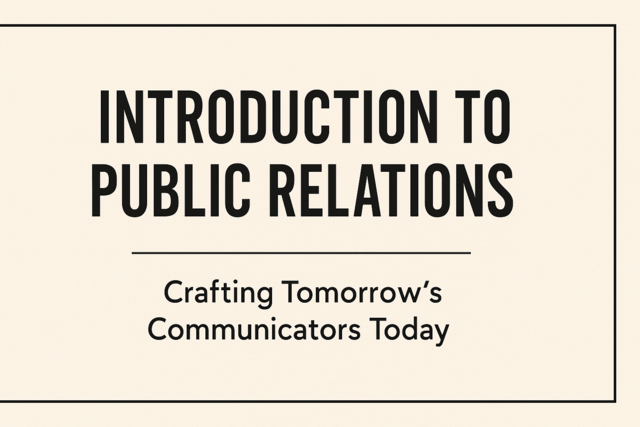 3 hours
0.3 CEUs
Introduction to Public Relations
+ More Info
3 hours
0.3 CEUs
Introduction to Public Relations
+ More Info
-
 3 hours
0.3 CEUs
Career Resilience and Adaptability
+ More Info
3 hours
0.3 CEUs
Career Resilience and Adaptability
+ More Info
-
 5 hours
0.5 CEUs
Inclusive Sports and Physical Education for Special Needs
+ More Info
5 hours
0.5 CEUs
Inclusive Sports and Physical Education for Special Needs
+ More Info
-
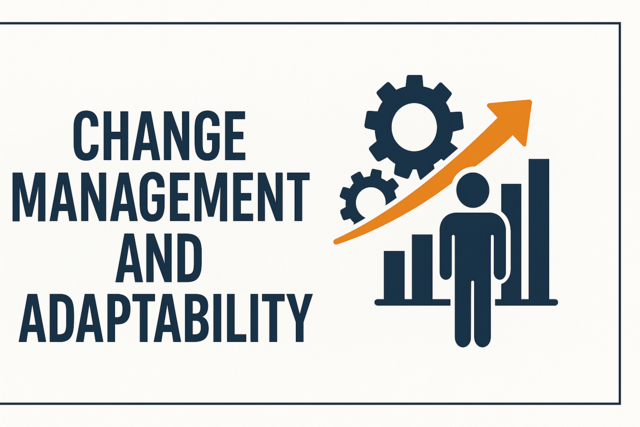 3 hours
0.3 CEUs
Change Management and Adaptability
+ More Info
3 hours
0.3 CEUs
Change Management and Adaptability
+ More Info
-
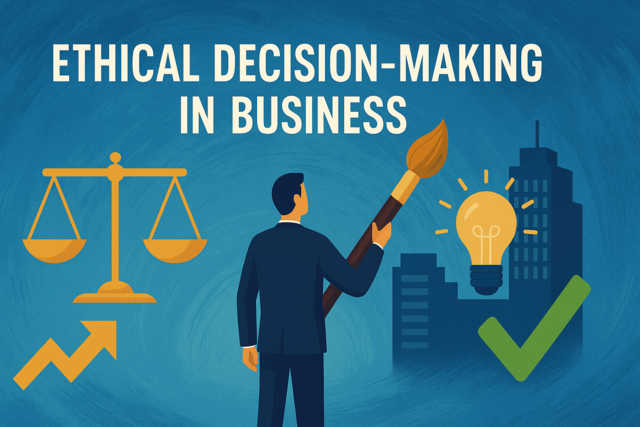 6 hours
0.6 CEUs
Ethical Decision-Making in Business
+ More Info
6 hours
0.6 CEUs
Ethical Decision-Making in Business
+ More Info
-
 5 hours
0.5 CEUs
The Strangeness of Human Consciousness
+ More Info
5 hours
0.5 CEUs
The Strangeness of Human Consciousness
+ More Info
-
 5 hours
0.5 CEUs
Personal Hygiene and Grooming Essentials
+ More Info
5 hours
0.5 CEUs
Personal Hygiene and Grooming Essentials
+ More Info
-
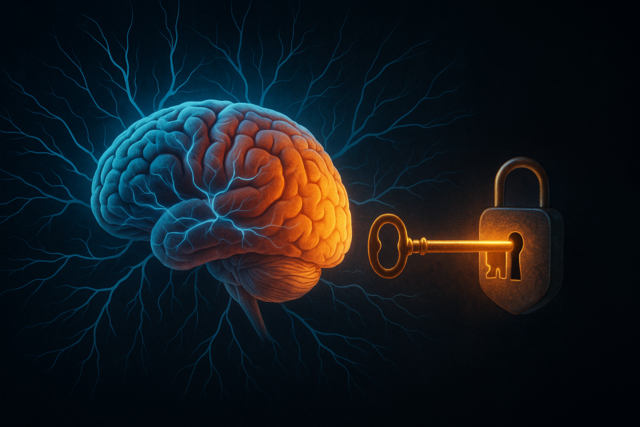 6 hours
0.6 CEUs
Neuroscience of Trauma: How the Brain Processes and Heals from Trauma
+ More Info
6 hours
0.6 CEUs
Neuroscience of Trauma: How the Brain Processes and Heals from Trauma
+ More Info
-
 4 hours
0.4 CEUs
Unlocking Resilience: Techniques for Tough Times
+ More Info
4 hours
0.4 CEUs
Unlocking Resilience: Techniques for Tough Times
+ More Info
-
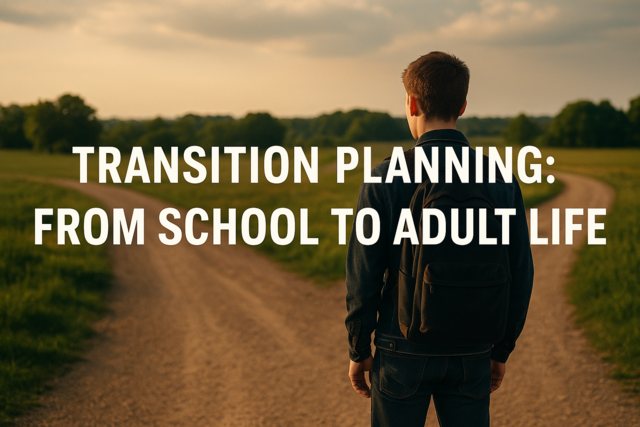 6 hours
0.6 CEUs
Transition Planning: From School to Adult Life
+ More Info
6 hours
0.6 CEUs
Transition Planning: From School to Adult Life
+ More Info
-
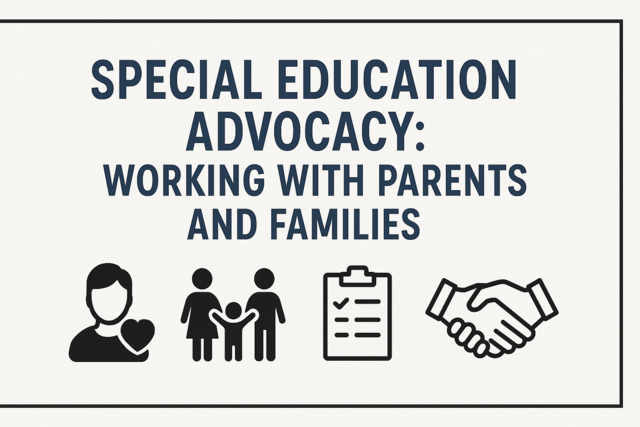 3 hours
0.3 CEUs
Special Education Advocacy: Working with Parents and Families
+ More Info
3 hours
0.3 CEUs
Special Education Advocacy: Working with Parents and Families
+ More Info
-
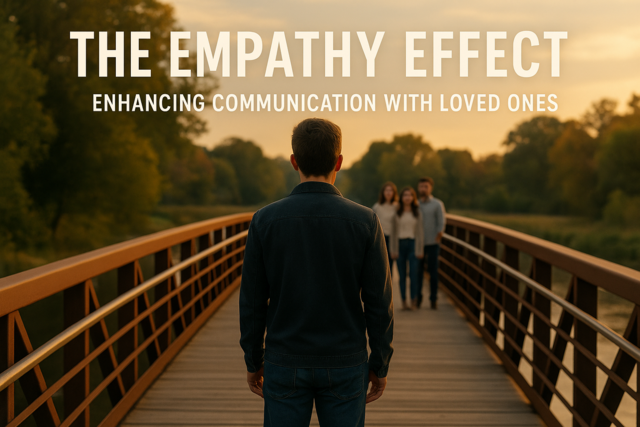 3 hours
0.3 CEUs
The Empathy Effect: Enhancing Communication with Loved Ones
+ More Info
3 hours
0.3 CEUs
The Empathy Effect: Enhancing Communication with Loved Ones
+ More Info
-
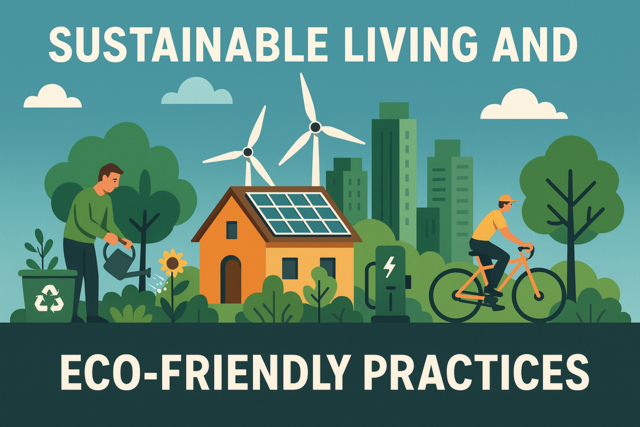 7 hours
0.7 CEUs
Sustainable Living and Eco-Friendly Practices
+ More Info
7 hours
0.7 CEUs
Sustainable Living and Eco-Friendly Practices
+ More Info
-
 3 hours
0.3 CEUs
Luxury Layering: The Art of Dressing with Opulence
+ More Info
3 hours
0.3 CEUs
Luxury Layering: The Art of Dressing with Opulence
+ More Info
-
 5 hours
0.5 CEUs
Advanced Feng Shui Techniques
+ More Info
5 hours
0.5 CEUs
Advanced Feng Shui Techniques
+ More Info
-
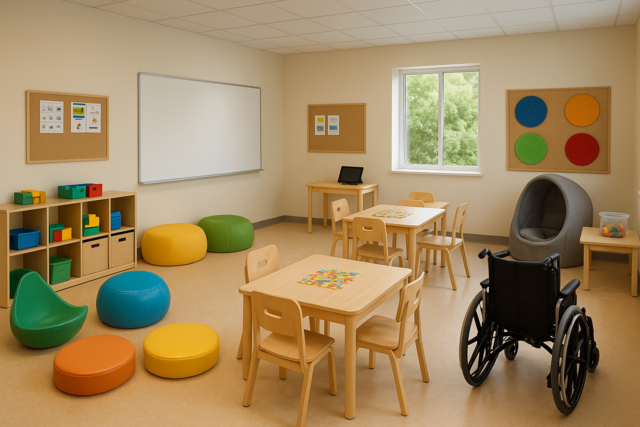 7 hours
0.7 CEUs
Classroom Design and Environment for Special Needs Students
+ More Info
7 hours
0.7 CEUs
Classroom Design and Environment for Special Needs Students
+ More Info
-
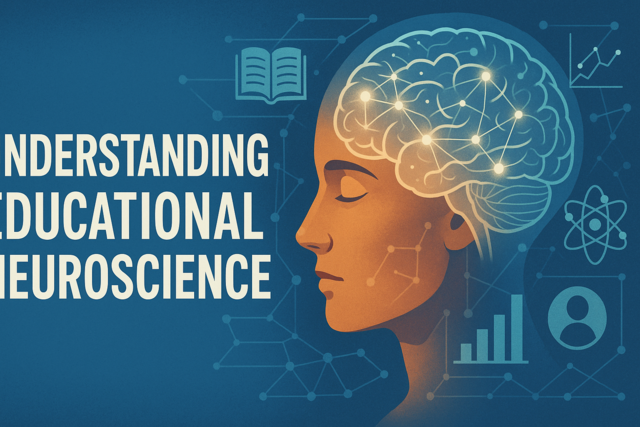 5 hours
0.5 CEUs
Understanding Educational Neuroscience
+ More Info
5 hours
0.5 CEUs
Understanding Educational Neuroscience
+ More Info
-
 6 hours
0.6 CEUs
Numerology and Life Path Analysis
+ More Info
6 hours
0.6 CEUs
Numerology and Life Path Analysis
+ More Info
-
 6 hours
0.6 CEUs
Fashion Forward: Trendsetting in the Modern Era
+ More Info
6 hours
0.6 CEUs
Fashion Forward: Trendsetting in the Modern Era
+ More Info
-
 5 hours
0.5 CEUs
Time Travel Mysteries and Paradoxes
+ More Info
5 hours
0.5 CEUs
Time Travel Mysteries and Paradoxes
+ More Info
-
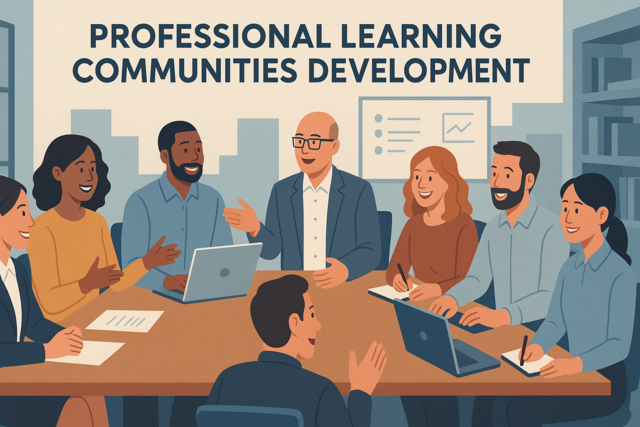 6 hours
0.6 CEUs
Professional Learning Communities Development
+ More Info
6 hours
0.6 CEUs
Professional Learning Communities Development
+ More Info
-
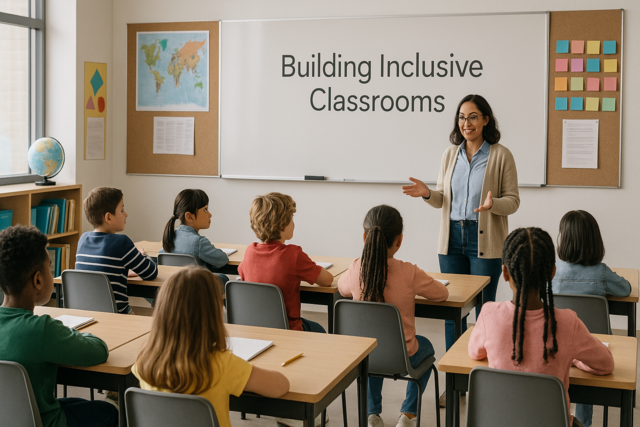 5 hours
0.5 CEUs
Building Inclusive Classrooms
+ More Info
5 hours
0.5 CEUs
Building Inclusive Classrooms
+ More Info
-
 5 hours
0.5 CEUs
The Compassionate Family: Building Empathy Through Generations
+ More Info
5 hours
0.5 CEUs
The Compassionate Family: Building Empathy Through Generations
+ More Info
-
 7 hours
0.7 CEUs
Self-Care and Wellness Practices
+ More Info
7 hours
0.7 CEUs
Self-Care and Wellness Practices
+ More Info
-
 3 hours
0.3 CEUs
High-Street to Haute: The Journey to Becoming Fashionable
+ More Info
3 hours
0.3 CEUs
High-Street to Haute: The Journey to Becoming Fashionable
+ More Info
-
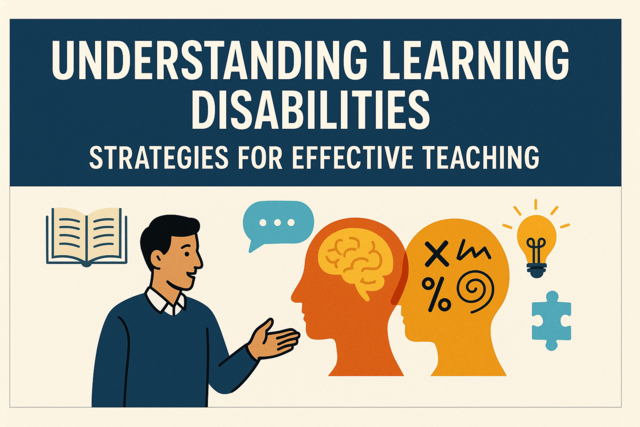 7 hours
0.7 CEUs
Understanding Learning Disabilities: Strategies for Effective Teaching
+ More Info
7 hours
0.7 CEUs
Understanding Learning Disabilities: Strategies for Effective Teaching
+ More Info
-
 4 hours
0.4 CEUs
Esoteric Traditions and Ancient Wisdom
+ More Info
4 hours
0.4 CEUs
Esoteric Traditions and Ancient Wisdom
+ More Info
-
 7 hours
0.7 CEUs
Research Frontiers: Contemporary Studies in Trauma and Recovery
+ More Info
7 hours
0.7 CEUs
Research Frontiers: Contemporary Studies in Trauma and Recovery
+ More Info
-
 7 hours
0.7 CEUs
Emotional Detox: Clearing Pathways to Better Relationships
+ More Info
7 hours
0.7 CEUs
Emotional Detox: Clearing Pathways to Better Relationships
+ More Info
-
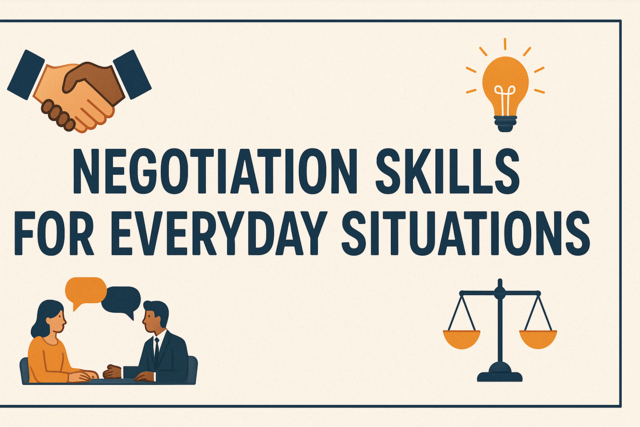 3 hours
0.3 CEUs
Negotiation Skills for Everyday Situations
+ More Info
3 hours
0.3 CEUs
Negotiation Skills for Everyday Situations
+ More Info
-
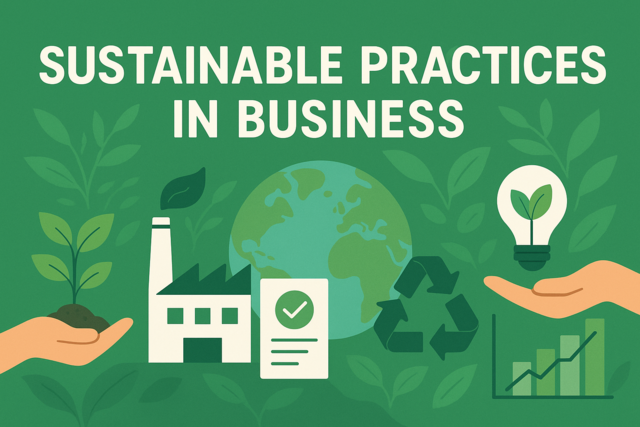 6 hours
0.6 CEUs
Sustainable Practices in Business
+ More Info
6 hours
0.6 CEUs
Sustainable Practices in Business
+ More Info
-
 6 hours
0.6 CEUs
Digital Literacy and Security
+ More Info
6 hours
0.6 CEUs
Digital Literacy and Security
+ More Info
-
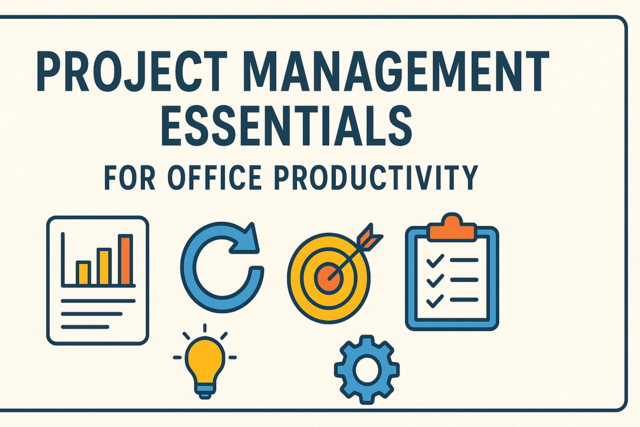 4 hours
0.4 CEUs
Project Management Essentials for Office Productivity
+ More Info
4 hours
0.4 CEUs
Project Management Essentials for Office Productivity
+ More Info
-
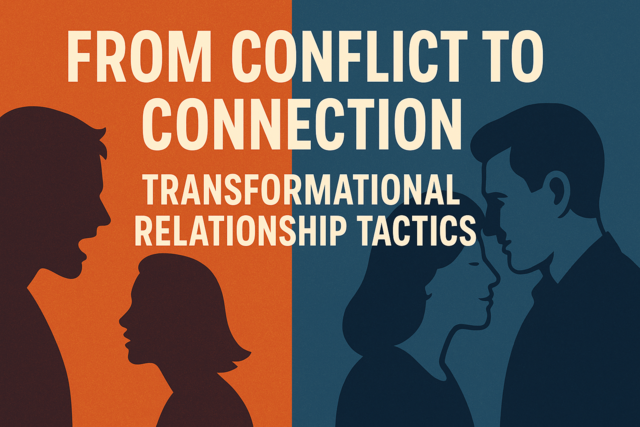 3 hours
0.3 CEUs
From Conflict to Connection: Transformational Relationship Tactics
+ More Info
3 hours
0.3 CEUs
From Conflict to Connection: Transformational Relationship Tactics
+ More Info
-
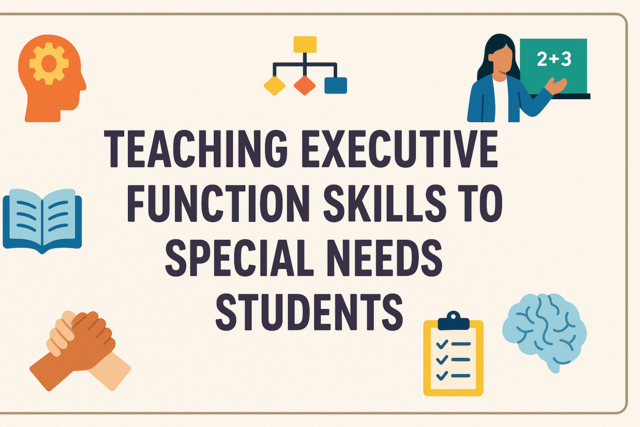 3 hours
0.3 CEUs
Teaching Executive Function Skills to Special Needs Students
+ More Info
3 hours
0.3 CEUs
Teaching Executive Function Skills to Special Needs Students
+ More Info
-
 7 hours
0.7 CEUs
The Science of Miracles: When Logic Defies Understanding
+ More Info
7 hours
0.7 CEUs
The Science of Miracles: When Logic Defies Understanding
+ More Info
-
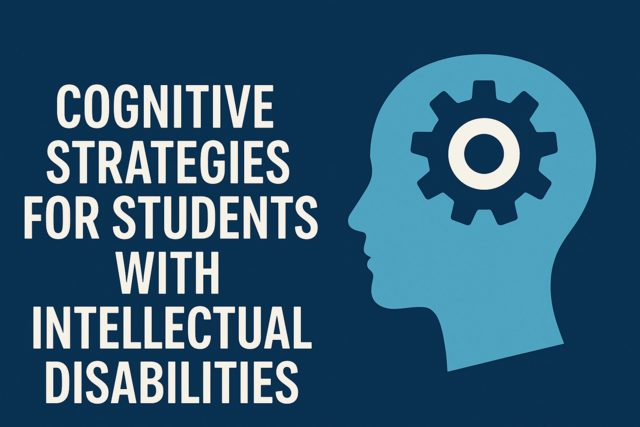 7 hours
0.7 CEUs
Cognitive Strategies for Students with Intellectual Disabilities
+ More Info
7 hours
0.7 CEUs
Cognitive Strategies for Students with Intellectual Disabilities
+ More Info



